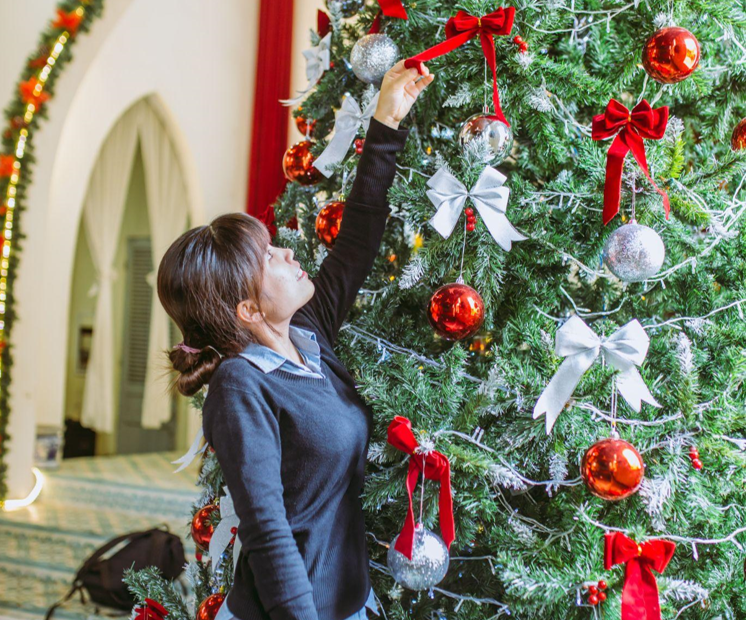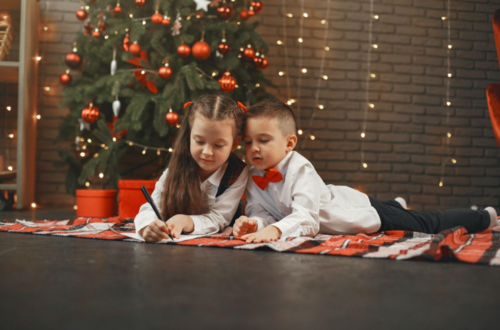
Artificial Christmas Trees: Making a Change in Schools and Colleges
Artificial Christmas trees are becoming a popular alternative to traditional real trees, and not just for homes. Schools and colleges adopt this trend for various reasons beyond convenience and cost-effective solutions. Artificial trees offer educational institutions the chance to make a change by promoting an essential aspect of education- a balanced diet and healthy lifestyle.
Giving a Chance for A Healthy Lifestyle
Artificial trees are the perfect substitute for real trees in educational institutions, providing for a healthy lifestyle centered on a balanced diet. The household atmosphere differs significantly from schools and colleges, as they ensure students stick to a healthy diet and promote lifelong healthy eating habits. Artificial trees provide the perfect solution, as they are easy to use and maintain. Also, they can be efficiently managed without needing constant watering and trimming, thus saving time and energy. Students can have more time to focus on their studies while staying healthy and nourished with suitable meals.
Caring for the Future with Love and Prosperity
Artificial Christmas trees offer schools and colleges a unique chance to care for the future and promote love and prosperity in their students. Purchasing and installing artificial trees promote sustainability and can be used for years rather than a single holiday season. When educational institutions utilize artificial trees, they effectively teach students the importance of sustainability and promote environmentally friendly practices. This means that schools and colleges give their students the knowledge they need to make a difference in the world.
Apart from that, artificial trees foster a sense of unity and inclusivity, especially during holidays, when people from various backgrounds unite and celebrate together. In educational institutions, this is crucial as it promotes inclusivity among students. This helps them learn to appreciate and accept people from different backgrounds, promoting a culture of love, peace, and respect for diversity.
In conclusion, artificial Christmas trees provide educational institutions with a cost-effective and efficient solution for promoting a healthy lifestyle and caring for the future. They are an investment that supports sustainability while teaching students to value environmentally friendly practices. By promoting a balanced diet and healthy lifestyle, educational institutions prepare their students for success by helping them achieve better health and well-being. In addition, artificial trees foster a sense of inclusivity and unity among students, promoting a culture of love and respect for diversity paving the way for a prosperous future.




